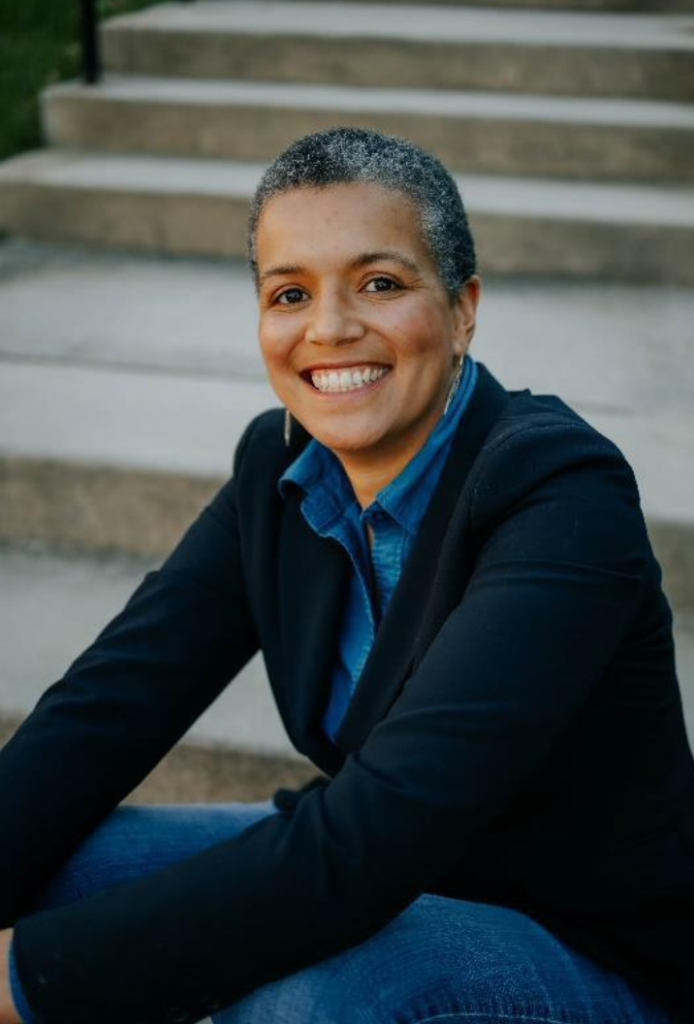Inviting the community to discuss communication diversity, Augusta University will host a virtual program to acknowledge the challenges of educating those of various backgrounds and overcoming language or cultural barriers.
On Wednesday, Jan. 31, at 6 p.m., Augusta University’s Center for Writing Excellence and the Department of English and World Languages will virtually host speaker Jessi Grieser, an associate professor of linguistics at the University of Michigan.
Grieser, well known for her analytic research in discourse and linkages between language, race and identity, is the author of two monographs – “The Black Side of the River” and “The Language of Professional Blackness.”
She is also a frequent consultant for several media outlets, including: The Atlantic, The Washington Post, NPR, Business Insider and The Economist.
MORE: Residency challenged for district 125 candidate C.J. Pearson
Free and open to the public, Grieser’s talk will focus on meeting students’ language needs for the “wide swath of linguistic backgrounds,” and allow audience members to ask questions towards the end.
“This challenge demands a flexible approach which meets students where they are linguistically, with full thought for the ways in which ideas about language often reinforce white, colonialist ideals to the detriment of learners’ progress,” stated a press release from the university’s Center for Writing Excellence and the Department of English and World Languages.
Grieser will also discuss a roadmap to holistic assessments which celebrate the linguistic gifts students can bring to the classroom, while also remaining sensitive to the demands of a less linguistically-aware workforce.

As an educator, Candis Bond, director of the Center for Writing Excellence and an associate professor of English, said she believed identifying linguistic diversity in Augusta is important as it could lead to further community connections.
“We all have our own unique language background,” said Bond. “Writing and speaking are personal. How we grow up and the languages that we grow up speaking, whether it’s different dialects of English or other languages, are deeply connected to who we are as people.”
She hopes attending educators takeaway the societal and personal significance of language’s fluidity and flexibility, and how they can navigate valuing other students’ differing perspectives.
“For faculty and educators, we hope they learn about how language and grammatical systems work, and that they come away understanding that language is always changing and evolving,” she said.
As Augusta University attracts a diverse student and faculty population, Bond said it is critical for professors to have readily available tools and “concrete strategies” to support students from diversified backgrounds.
For participating students, Bond said she hopes each learns something new about language while feeling validated in their own identity. She also hopes the program will contribute to every individual’s greater sense of belonging within Augusta.
“I don’t think most of us really get the opportunity to understand, from a linguistic perspective, how language works,” she said. “We grow up speaking, but we don’t have any expertise beyond that.”
Those interested in attending the program can register at https://augusta.qualtrics.com/jfe/form/SV_cSEVx5WY9q3NyK2
“I just hope that students attending don’t feel so alone,” she said. “That they understand how everybody comes from their own linguistic background, and navigating the challenges of academia or our own careers is something that we all have to practice and it’s a skill we can get better at.”
Liz Wright is a staff writer covering education, lifestyle and general assignments for The Augusta Press. Reach her at liz@theaugustapress.com











